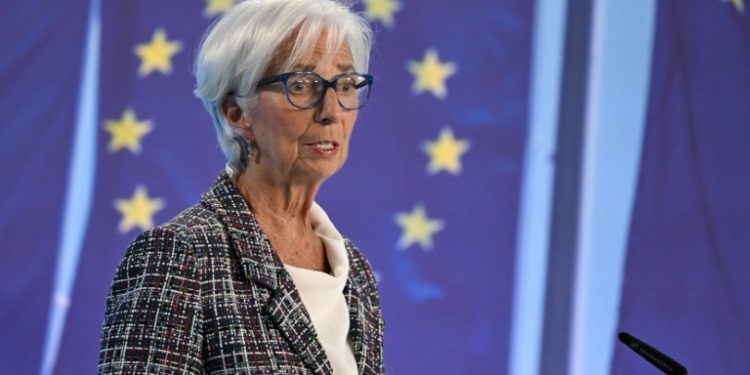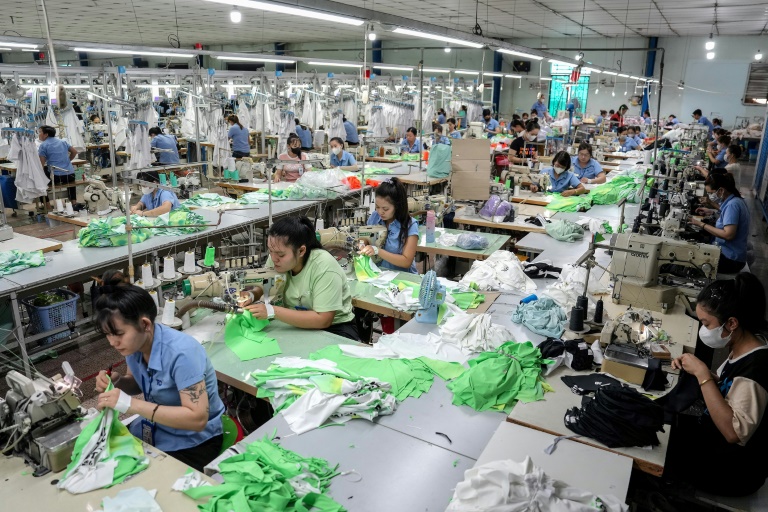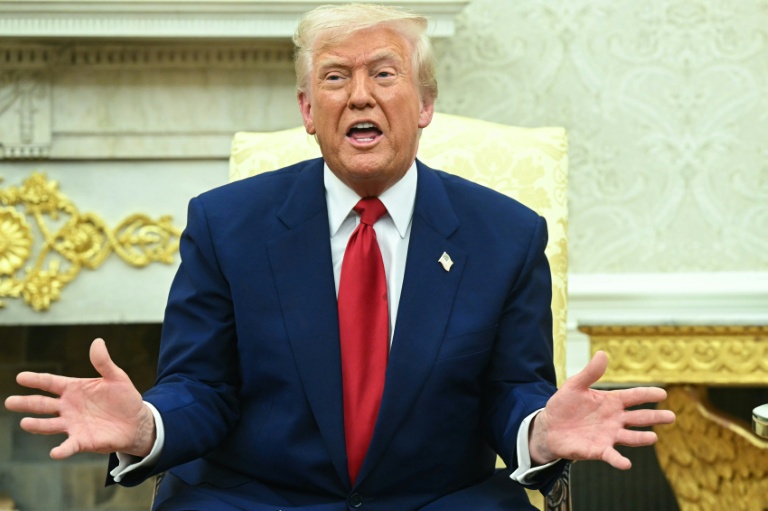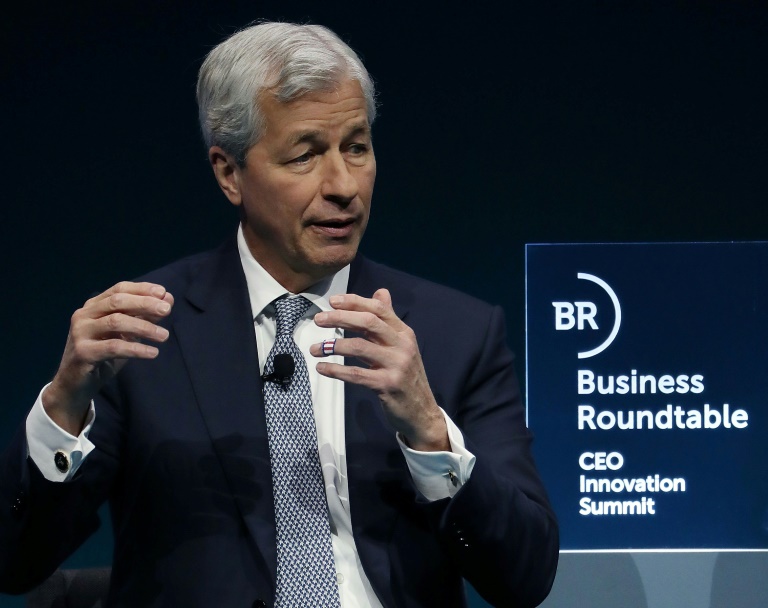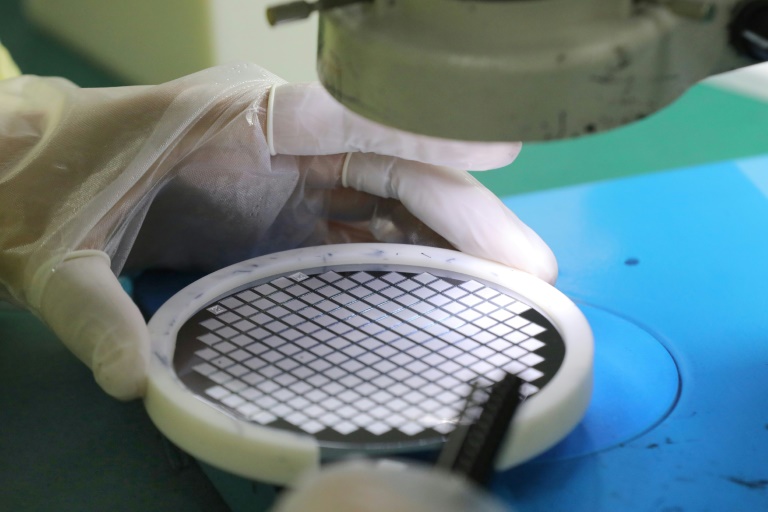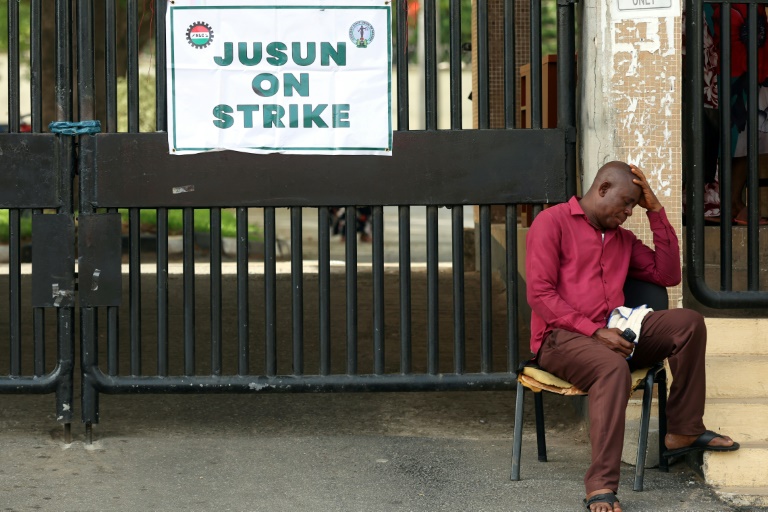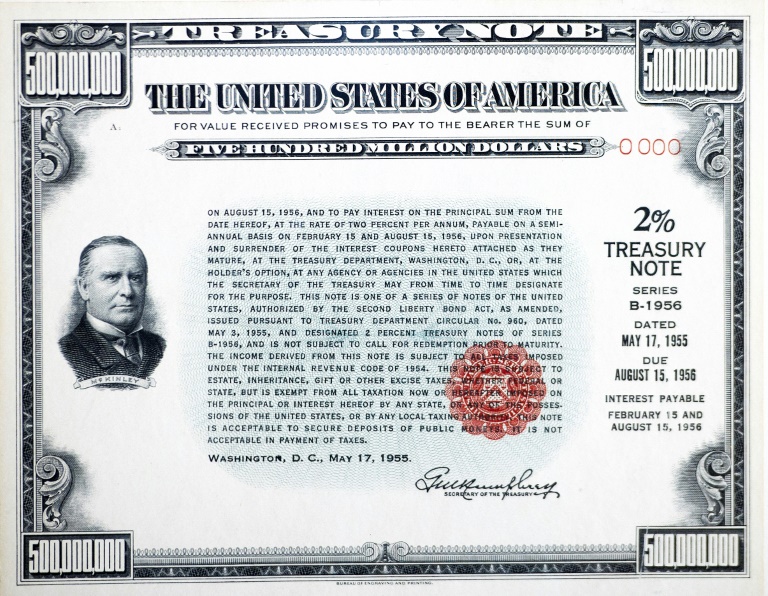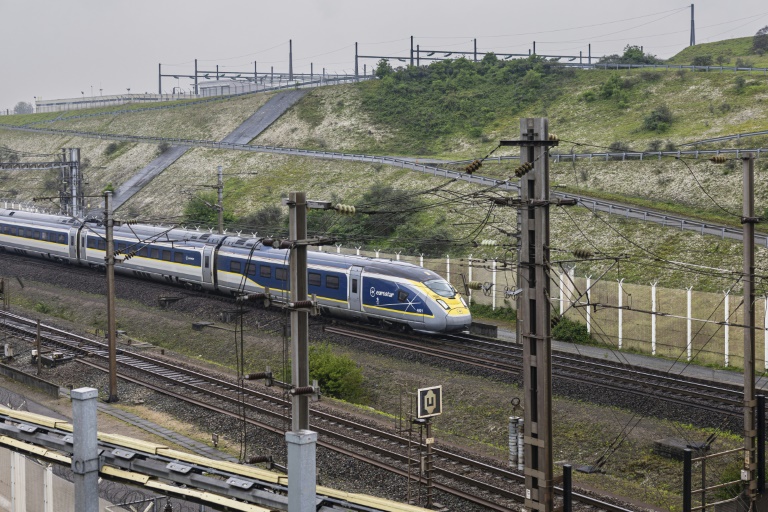Frankfurt (Germany) (AFP) – The European Central Bank is keeping options “wide open” for September, president Christine Lagarde said, after holding interest rates steady Thursday in the wait for more evidence that inflation was on the right track.
The ECB’s governing council cut rates for the first time in five years last month, following an aggressive cycle of monetary tightening to cool red-hot inflation. But as expected, the Frankfurt institution took a breather Thursday and held the benchmark deposit rate at 3.75 percent as the disinflationary path remains bumpy.
The ECB will keep rates “sufficiently restrictive for as long as necessary” to ensure inflation remains on track to return to the two percent target, Lagarde told reporters. She reiterated that policymakers would make decisions based on “a data-dependent and meeting-by-meeting approach”.
Many observers expect the ECB to cut again in September when the bank will be armed with new growth and inflation forecasts. But Lagarde stayed coy on the subject, saying there was no “pre-determined rate path”. “So the question of September and what we do in September is wide open and will be determined on the basis of all the data that we will be receiving,” she said. The ECB will receive “a lot of information” between now and September, Lagarde said, adding that it would be “a busy summer”.
– Wages in focus –
Eurozone inflation hit a peak of 10.6 percent in 2022 after Russia’s war in Ukraine and pandemic-related supply woes pushed prices up, prompting the ECB to launch an unprecedented rate-hiking cycle.
Inflation in the 20-nation currency club has fallen steadily since then, easing to 2.5 percent in June from 2.6 percent in May. Cooling inflation led the ECB to lower borrowing costs for the first time in five years in June, bringing some relief to households and businesses.
But the inflation picture remains muddied and policymakers see several risk factors that could still derail the progress. Core inflation, which strips out volatile food and energy prices, remained stubbornly high at 2.9 percent in June while services inflation was sticky at 4.1 percent.
Lagarde said the ECB was keeping a particularly close eye on wage growth, which has been elevated as eurozone workers seek salary increases to compensate for higher living costs. “Wages are still rising at an elevated rate,” Lagarde said, but the increase was being partly absorbed by company profits and wage growth was now expected to “moderate over the course of next year”. Inflation would “fluctuate” around current levels before declining towards to the two-percent target “over the second half of next year”, Lagarde predicted.
– Losing steam –
Turning to the health of the struggling eurozone economy, Lagarde said recent data suggested output grew in the second quarter but “likely at a slower pace” than in the first quarter. “Services continue to lead the recovery while industrial production and goods exports have been weak,” she said.
ING economist Carsten Brzeski said the euro area recovery “has lost steam”, potentially strengthening the case for another rate cut to bolster economic activity. While many analysts stuck to their prediction of another rate cut on September 12, some said they could now see the ECB pausing for longer.
Given the stickiness of inflation, the ECB does not have “a lot of room for manoeuvre” in the coming months, Brzeski said. “We see a 50-percent chance for a rate cut in September and a 100-percent chance for a cut in December,” he added.
September is also when the US Federal Reserve is increasingly expected to begin lowering rates, with confidence growing that US inflation is coming down to target.
Lagarde, a former French finance minister, was also grilled about political uncertainty in her home country after snap elections produced a hung parliament, fuelling concerns about the country’s large deficit.
Without referring to France explicitly, Lagarde said she welcomed “the European Commission’s recent guidance calling for EU member states to strengthen fiscal sustainability”.
© 2024 AFP

